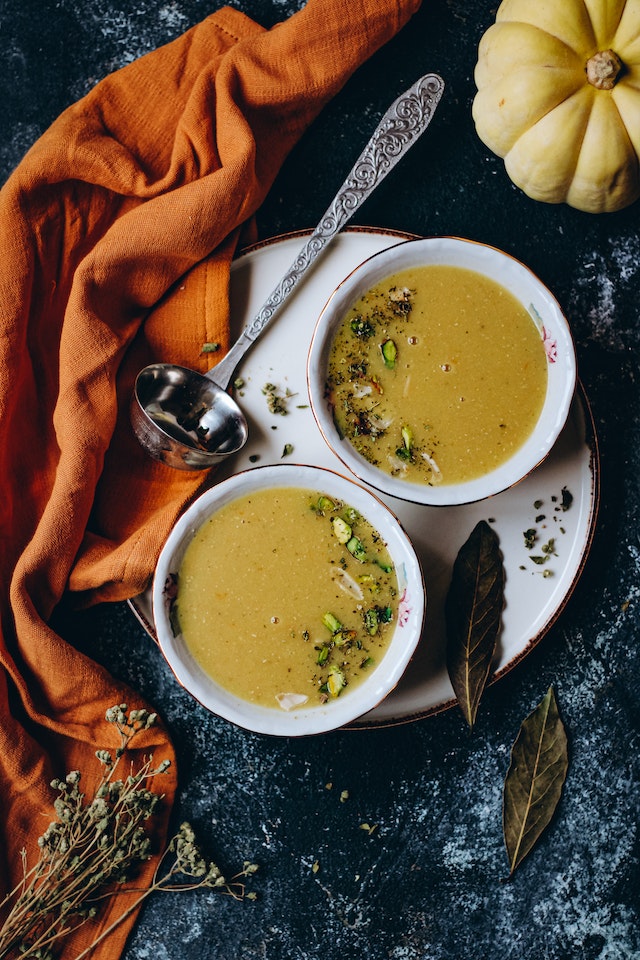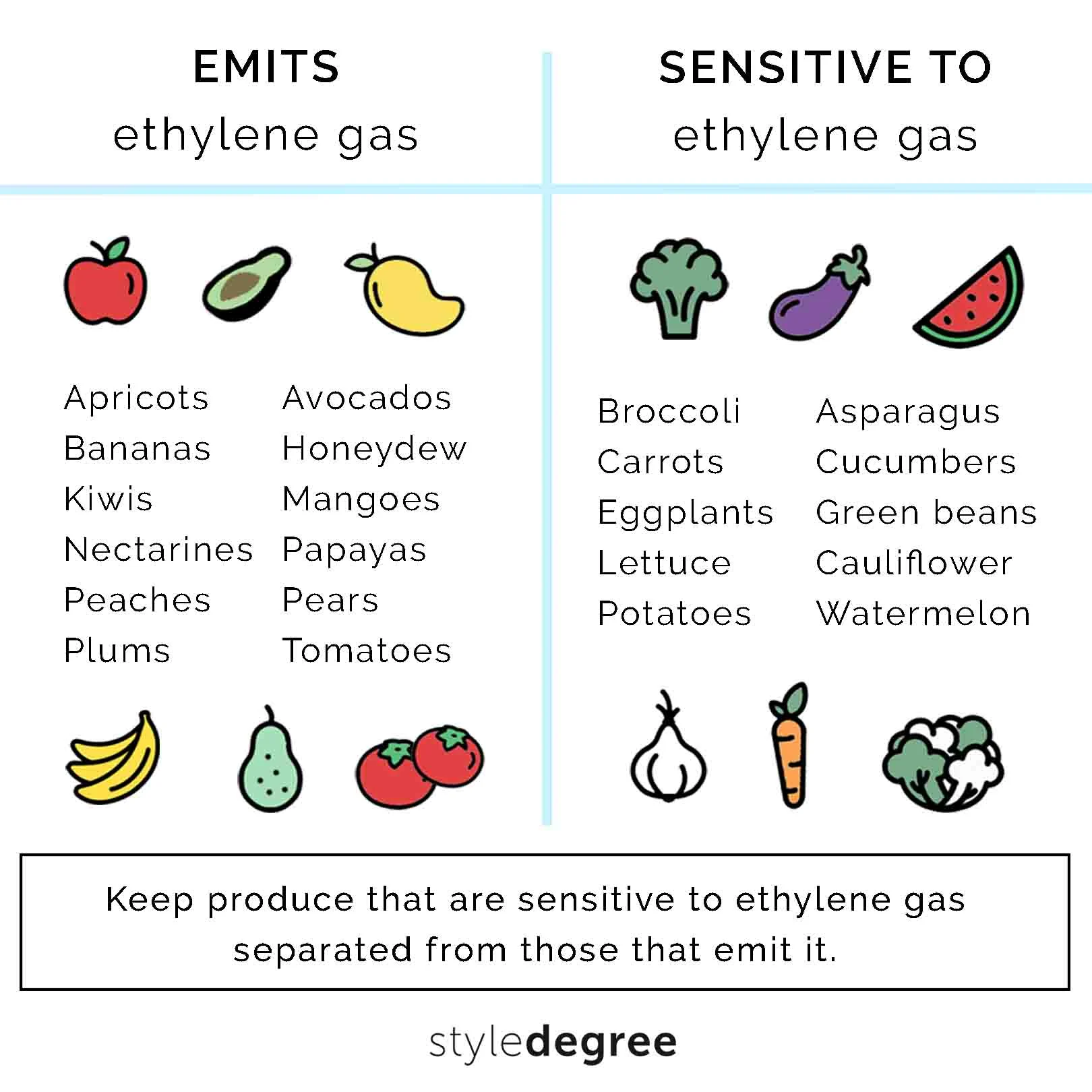Are you trying to maintain a healthy diet or lose weight? Then, counting calories might be the right approach for you! Knowing how many calories are in your food is essential when it comes to managing your daily intake. Today, we’re focusing on one of nature’s sweetest treats – the banana. While they may seem small and innocent, bananas can pack quite a punch in terms of calorie count. But don’t worry, we’ve got you covered with all the information you need to make informed choices about incorporating bananas into your low-calorie diet plan. So let’s dive in and discover exactly how many calories are in a banana!
Calories in a Banana
Bananas are a popular fruit, known for their sweet flavor and convenience as a snack on the go. But many people may not realize just how many calories are in this beloved fruit. So, let’s take a closer look at the calorie count of bananas.
On average, one medium-sized banana contains approximately 105 calories. This number can vary slightly depending on the size of the banana, but it is generally pretty consistent across most varieties.
While 105 calories may seem like quite a lot for such a small piece of fruit, it’s important to remember that bananas also provide numerous health benefits. They are rich in vitamins and minerals such as potassium, vitamin C, and magnesium.
Plus, bananas are also an excellent source of dietary fiber which helps keep you feeling fuller for longer periods of time. So even though they do contain some calories, incorporating them into your diet can actually help promote weight loss by reducing cravings and preventing overeating later on in the day.
While there certainly are some calories in bananas that need to be accounted for when managing your daily intake goals – they offer so much more than just energy from carbs!
What are the Benefits of a Low Calorie Diet?
A low calorie diet has several benefits for your overall health and well-being. First, it can help you lose weight by creating a calorie deficit in your body, which means that you are burning more calories than you consume. This is important because being overweight or obese increases the risk of many chronic diseases such as heart disease, diabetes and cancer.
Secondly, a low calorie diet can improve your mental clarity and focus. Fueling your body with nutrient-dense foods instead of empty calories can provide sustained energy throughout the day and prevent mid-day crashes.
Thirdly, consuming fewer calories may lead to better sleep quality. Sleep plays an essential role in maintaining optimal health and reducing stress levels, so getting adequate rest each night is crucial.
Following a low calorie diet may also reduce inflammation in the body. Inflammation has been linked to numerous chronic diseases such as arthritis and Alzheimer’s disease, so taking steps to reduce inflammation through nutrition could have long-term beneficial effects on overall health.
Incorporating a low-calorie diet into your lifestyle could have significant benefits for both physical and mental wellbeing.
How to Count Calories on a Low Calorie Diet
Counting calories can be a daunting task, especially when you’re on a low-calorie diet. However, it’s essential to keep track of your calorie intake to ensure that you are staying within your daily limit. Here are some tips on how to count calories effectively:
1) Use a Food Diary: Keeping track of the foods you eat in a food diary is an excellent way to monitor your calorie intake. You can either use a hard copy or take advantage of one of the many apps available online.
2) Read Labels Carefully: When grocery shopping, always read labels carefully and pay attention to serving sizes. This will help you make informed decisions about which products fit into your low-calorie diet plan.
3) Invest in Kitchen Scales: Weighing out portions using kitchen scales is an effective way to ensure that you’re not overeating and staying within your daily calorie allowance.
4) Be Mindful of Hidden Calories: Foods such as dressings or sauces can contain hidden calories that quickly add up. Opt for low-fat options or try making homemade alternatives with fewer calories.
By following these simple steps, counting calories on a low-calorie diet doesn’t have to be overwhelming!
The Truth About Macronutrient Ratios on a Low Calorie Diet
Macronutrients are essential components of our diets that provide us with energy, help build and repair tissues, and maintain proper bodily function. When following a low calorie diet, it’s important to pay attention to the macronutrient ratios in your meals.
The three main macronutrients are carbohydrates, proteins, and fats. Carbohydrates are found in foods such as fruits, vegetables, grains, and sugars. Proteins are found in meat, poultry, fish, eggs and plant-based sources like beans or tofu while fats can be sourced from nuts/seeds/oils etc.
Many people believe that cutting out one of these macronutrients completely is necessary for successful weight loss on a low calorie diet but this is not true. All three macronutrients should be consumed in moderation as they all play an important role in maintaining good health.
When determining the right balance of macronutrient ratios for your low calorie diet plan it usually depends on individual factors including fitness goals , physical activity levels , body type etc. Consulting with a registered dietician can help determine what ratio works best for you during your weight loss journey.
Remember to focus on consuming whole foods instead of processed ones which often come high in calories without being satiating . Being mindful about the composition of each meal will ensure maximum nutrition while keeping calories under control!
Conclusion
Counting calories is an effective way to manage your weight and achieve a healthier lifestyle. Bananas are one of the best low-calorie foods that you can include in your diet without worrying too much about exceeding your daily calorie intake. Remember that while it’s important to keep track of your calorie consumption, following a healthy balanced diet is equally essential.
Aim for a low-calorie diet consisting of nutrient-dense foods like fruits and vegetables, lean proteins, whole grains, and healthy fats. Make sure you eat enough calories to fuel your body’s needs throughout the day without going overboard.
Don’t forget to stay active by incorporating regular exercise into your routine. By doing so, you’ll not only burn more calories but also improve your overall health and fitness levels.
So start counting those calories today and take charge of your health!










